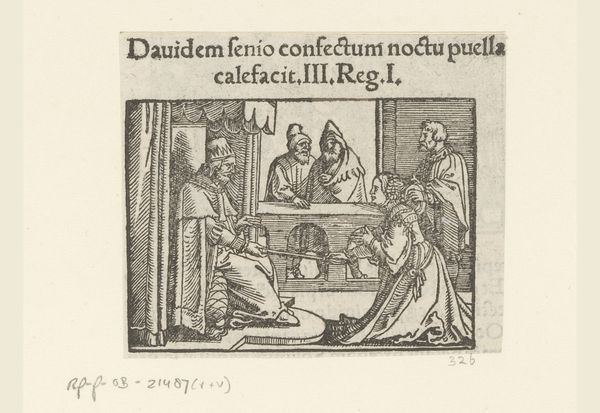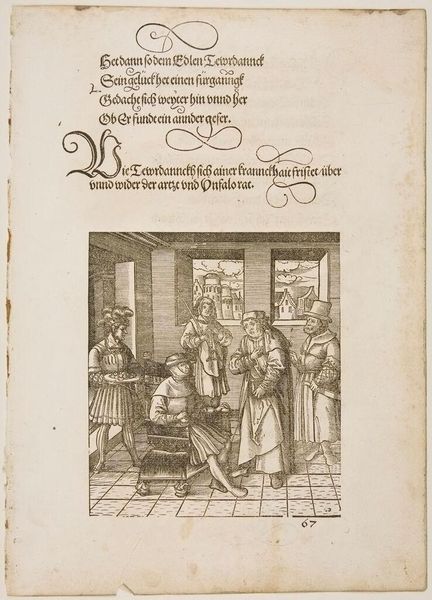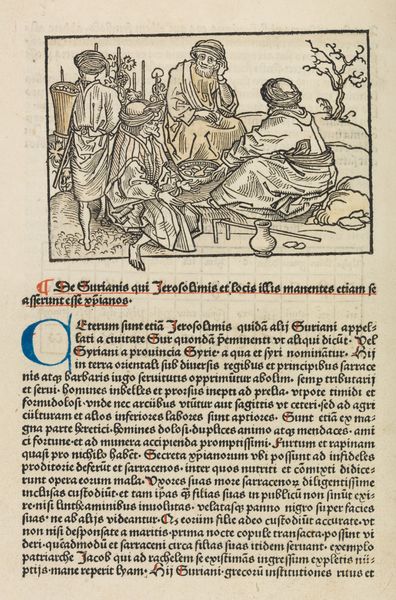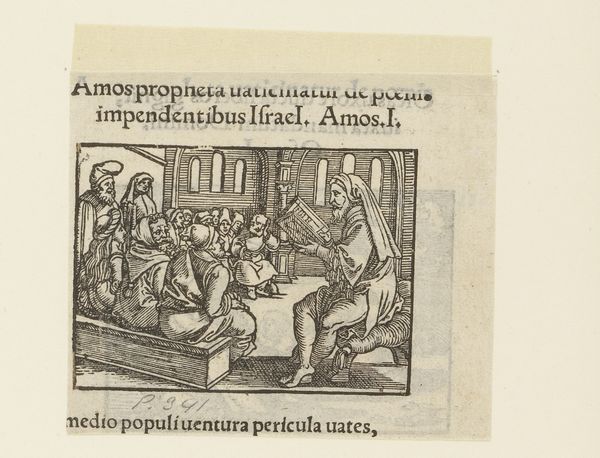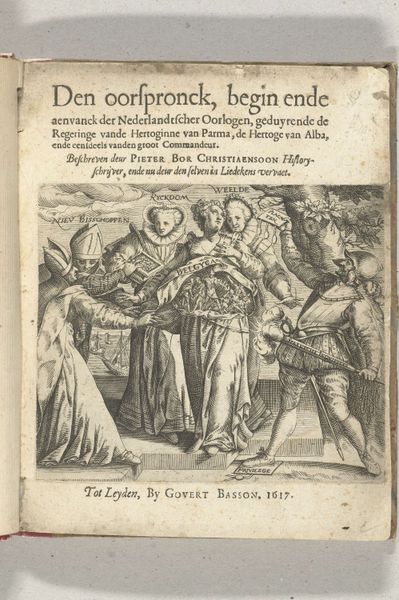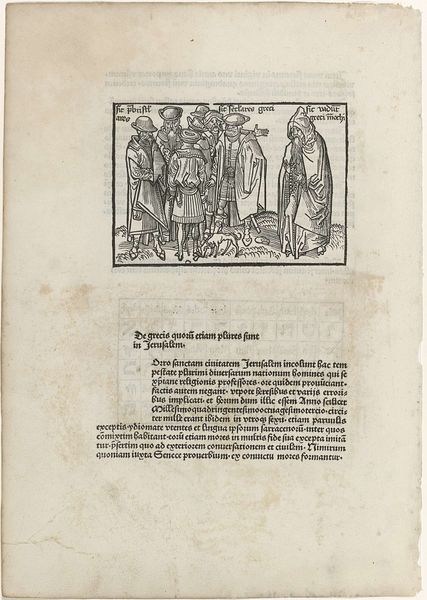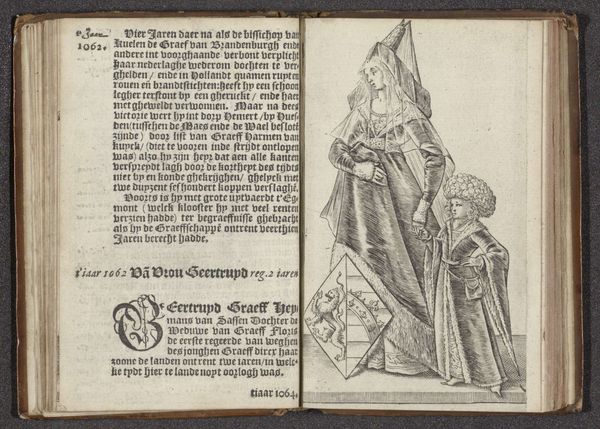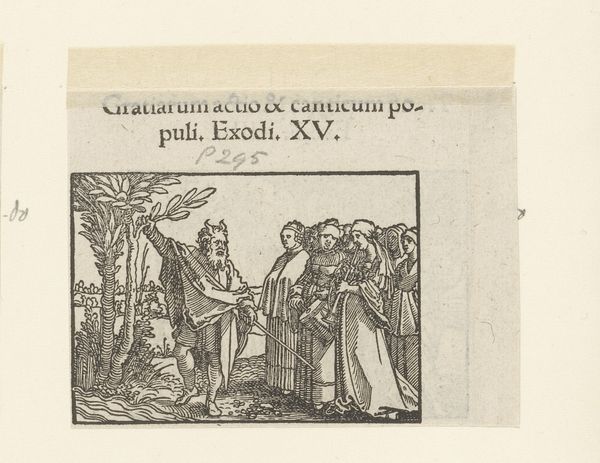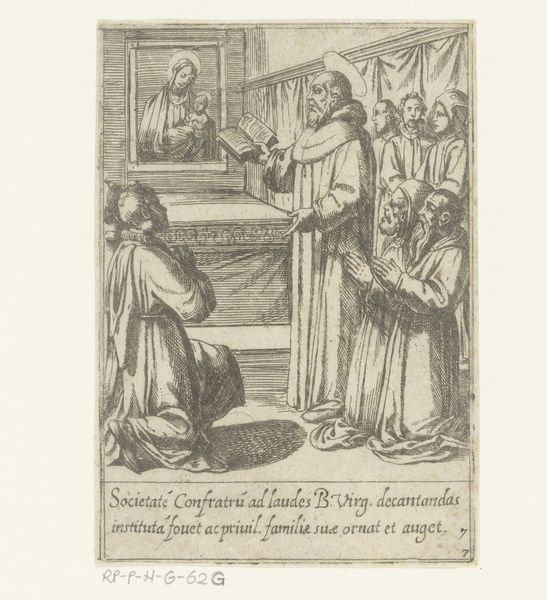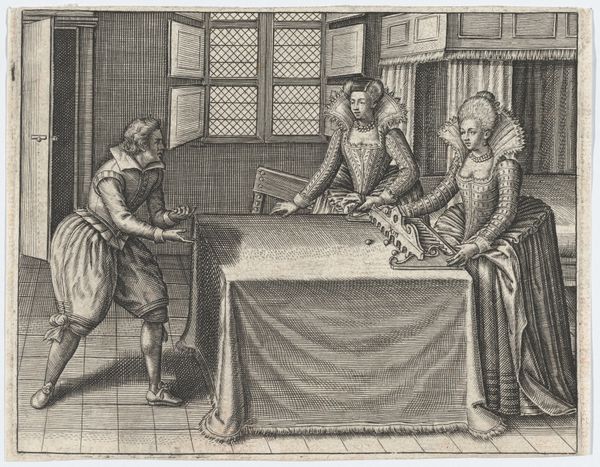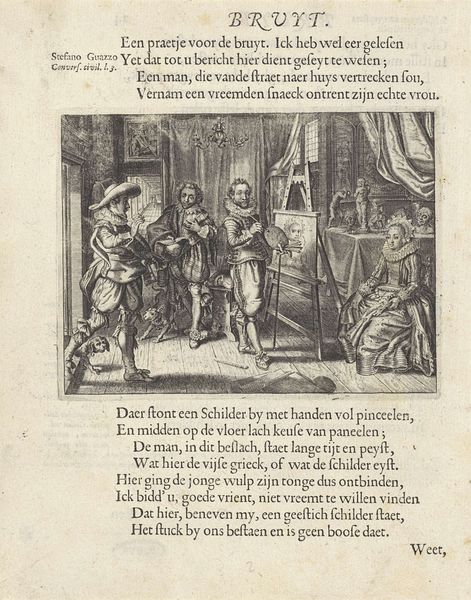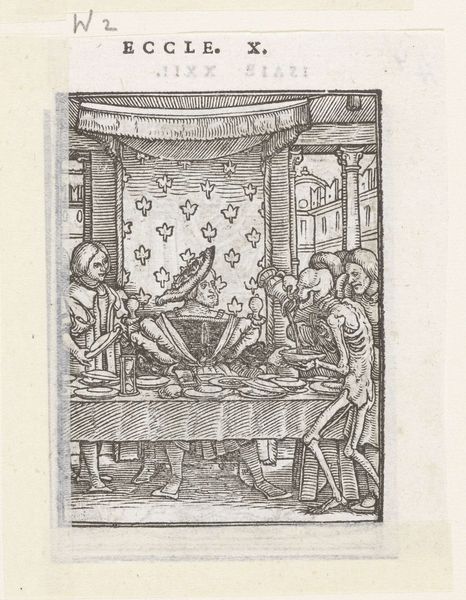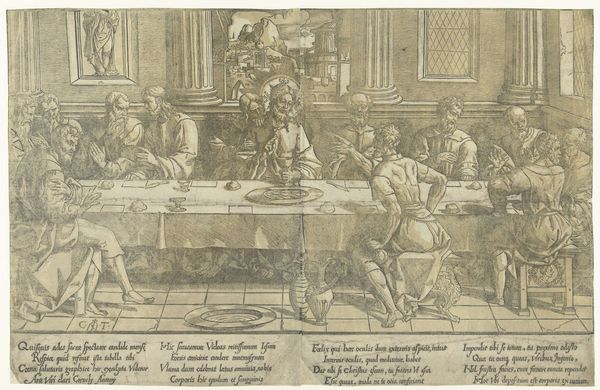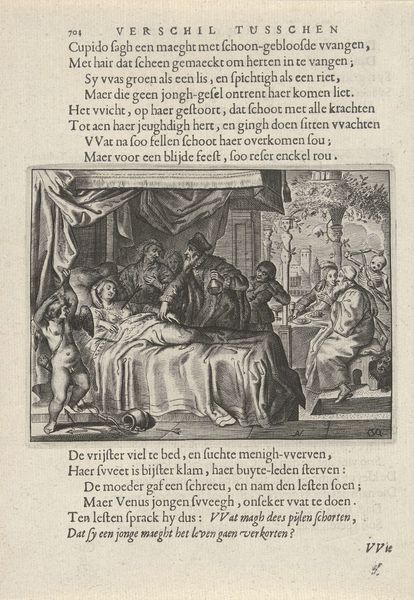
print, engraving
#
medieval
#
narrative-art
# print
#
figuration
#
line
#
history-painting
#
northern-renaissance
#
engraving
Dimensions: height 50 mm, width 70 mm
Copyright: Rijks Museum: Open Domain
This tiny anonymous woodcut shows Moses instituting Passover. It uses the visual language of northern Europe, and we can assume it was made there. It’s intriguing to see a biblical scene filtered through the lens of a specific cultural context. How does the artist's own background shape the way the story is told? The figures here are gathered in what looks like a simple medieval house. They’re wearing the hats and tunics familiar from the artist’s own time. They carry walking sticks as if preparing for a journey. Visual cues like these remind us that art isn't created in a vacuum. It’s deeply embedded in the social, political, and economic realities of its time. As art historians, our job is to unpack these layers of meaning. We consult historical texts, cultural studies, and even economic data to understand the complex web of influences that shape artistic production. In this way, we can begin to understand art not just as aesthetic objects, but as powerful reflections of the world around them.
Comments
No comments
Be the first to comment and join the conversation on the ultimate creative platform.
